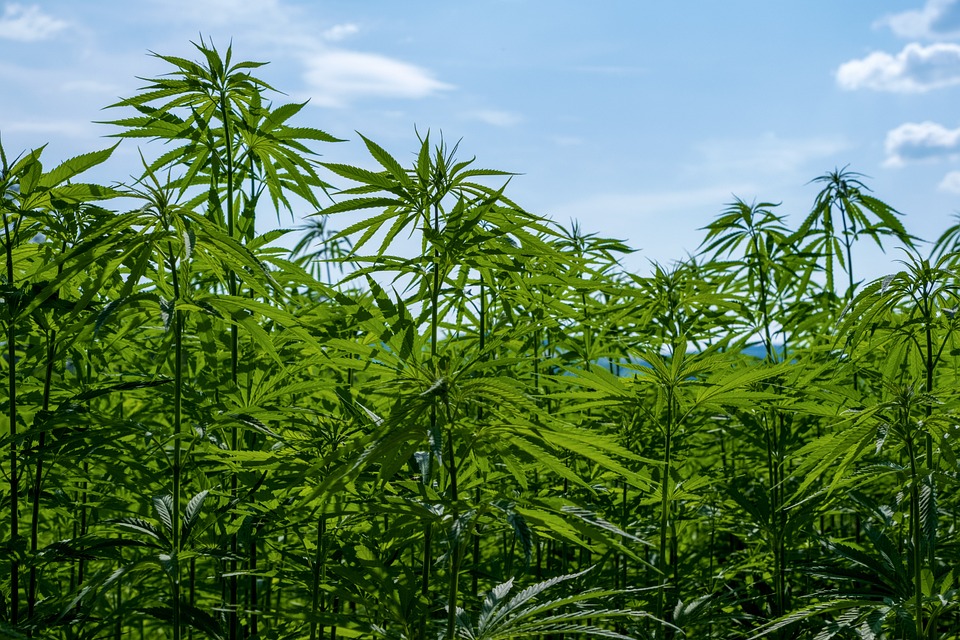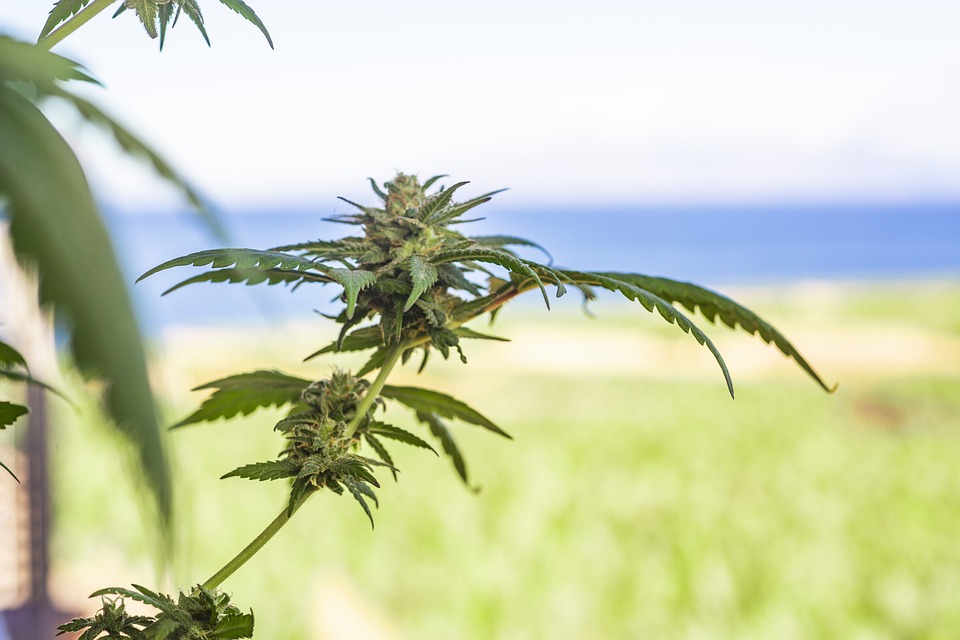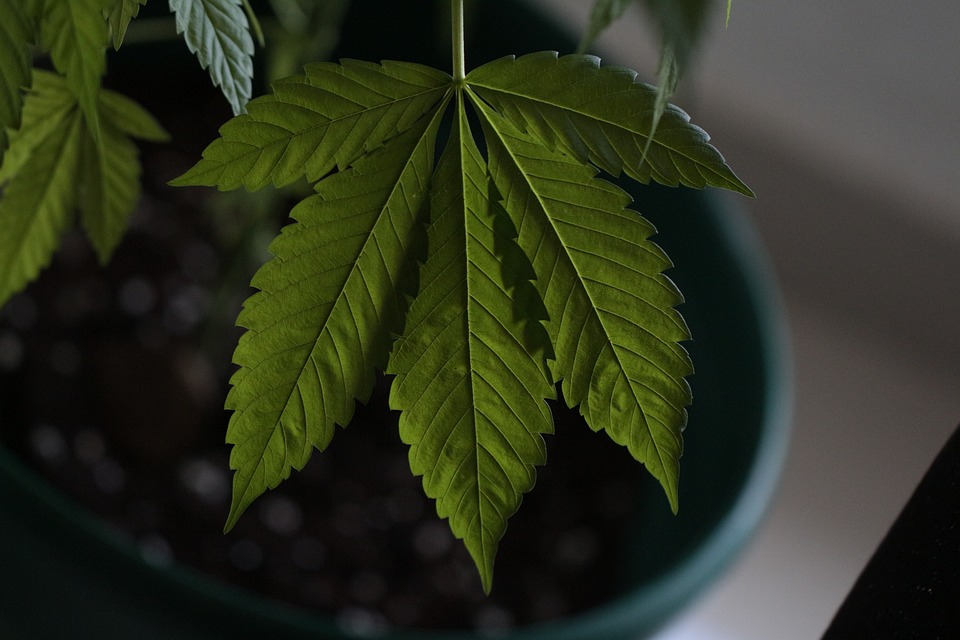In recent years, a growing number of states in the United States have legalized cannabis for medical or recreational use. And according to a new report, this trend has had a significant impact on the number of cannabis-related arrests across the country.
The report, published by the American Civil Liberties Union (ACLU), found that in states where cannabis is legal, the number of arrests for cannabis-related offenses has plummeted. In fact, the data shows that cannabis-related arrests have decreased by as much as 90% in some states.
The ACLU’s report analyzed arrest data from 2010 to 2018 and found that in states where cannabis is legal, the arrest rate for cannabis-related offenses dropped significantly. In states where cannabis is illegal, the arrest rate remained relatively unchanged.
The data is clear: legalizing cannabis reduces the number of arrests. And it’s not just the number of arrests that’s affected – the ACLU’s report also found that the racial disparities in cannabis-related arrests have decreased in states where cannabis is legal.
Prior to legalization, cannabis was often used as a pretext for racial profiling and harassment by law enforcement. The ACLU’s report found that in states where cannabis is illegal, people of color were more likely to be arrested for cannabis-related offenses than white people. In some states, people of color were up to five times more likely to be arrested for cannabis-related offenses than white people.
But in states where cannabis is legal, the racial disparities in cannabis-related arrests have decreased significantly. The ACLU’s report found that in states where cannabis is legal, the racial disparities in cannabis-related arrests decreased by as much as 50%.
The impact of legalization on cannabis-related arrests is clear: it reduces the number of arrests and decreases the racial disparities in those arrests. And it’s not just a matter of arresting fewer people – legalization also reduces the number of people who are incarcerated for cannabis-related offenses.
According to the ACLU’s report, in states where cannabis is illegal, the number of people incarcerated for cannabis-related offenses has increased significantly over the past decade. In contrast, in states where cannabis is legal, the number of people incarcerated for cannabis-related offenses has decreased.
The data is clear: legalizing cannabis reduces the number of arrests and the number of people who are incarcerated for cannabis-related offenses. And it’s not just a matter of reducing the number of arrests and incarcerations – legalization also generates significant revenue for states and creates jobs in the cannabis industry.
In states where cannabis is legal, the tax revenue generated from cannabis sales has been used to fund a range of public services, including education, healthcare, and infrastructure. And the cannabis industry has created thousands of jobs in states where it is legal.
In conclusion, the data is clear: legalizing cannabis reduces the number of arrests and the number of people who are incarcerated for cannabis-related offenses. It also generates significant revenue for states and creates jobs in the cannabis industry. As more and more states consider legalizing cannabis, it’s essential that policymakers and law enforcement officials take note of the impact of legalization on cannabis-related arrests.
By legalizing cannabis, states can reduce the number of arrests and incarcerations, generate revenue, and create jobs. And by doing so, they can also help to reduce the racial disparities in cannabis-related arrests and create a more just and equitable criminal justice system.









Comments (0)